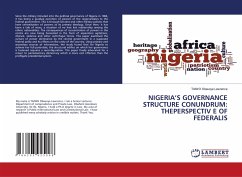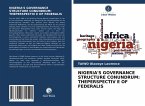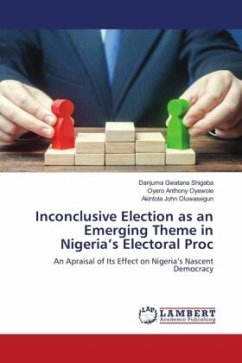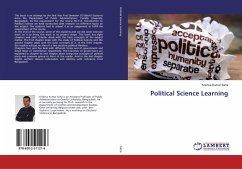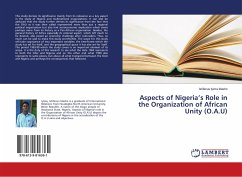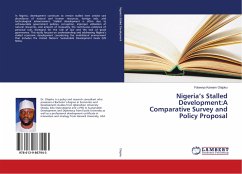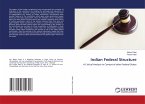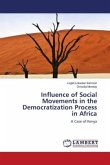Since the military intruded into the political governance of Nigeria in 1966, it has being a gradual accretion of powers of the regions/states to the federal government. This is through Decrees and other military policies that have centralisation of powers as its primary ideology. Since then, it has been a tale of woes, a situation of no love lost relationship among the ethnic nationalities. The consequences of concentration of powers in the centre are now being harvested in the form of separation agitations, distrust, violence and other centrifugal forces. This paper examined the culture of power dominance by the central government in a supposed federal polity and its effects on the unity of the country. Using primary and secondary sources of information, the study found that for Nigeria to achieve her full potentials, the structural edifice on which her governance is fastened requires a reconfiguration. The paper finally advocated for a return to parliamentary democracy which is more cost effective than the profligate presidential system.
Bitte wählen Sie Ihr Anliegen aus.
Rechnungen
Retourenschein anfordern
Bestellstatus
Storno

